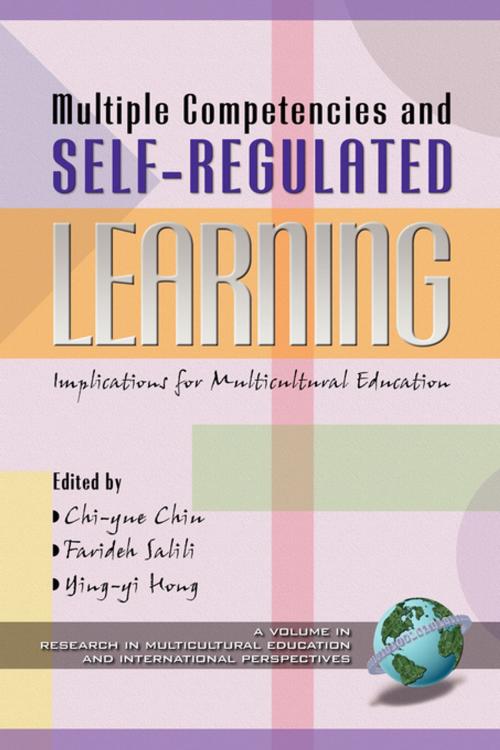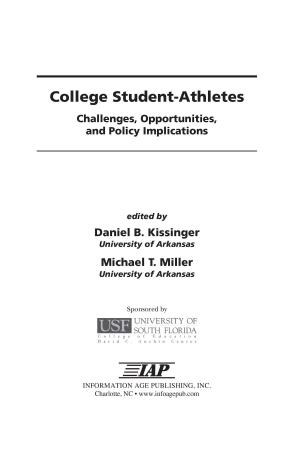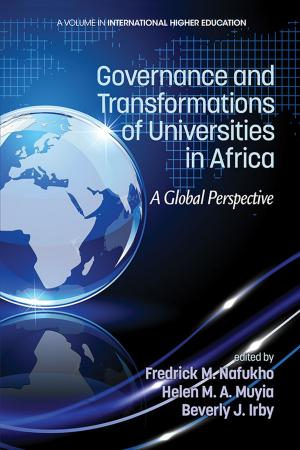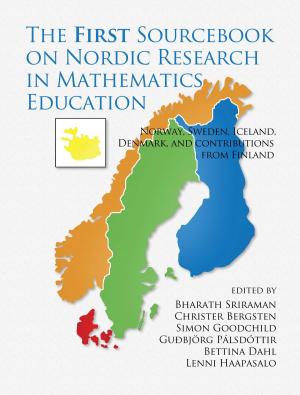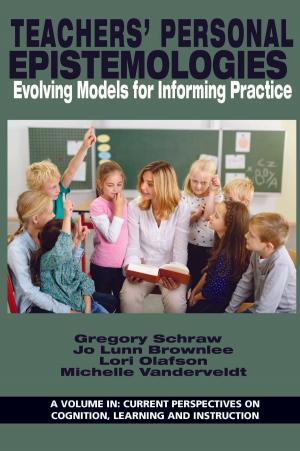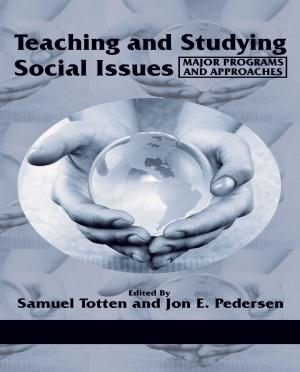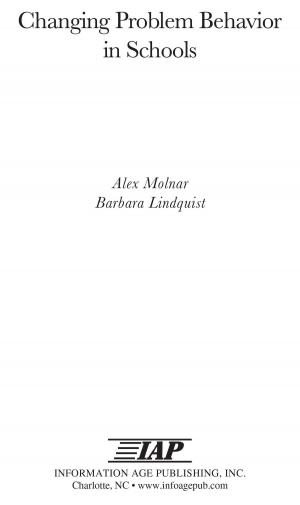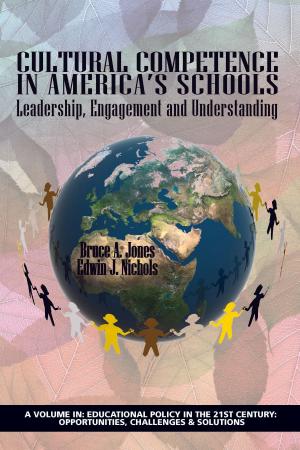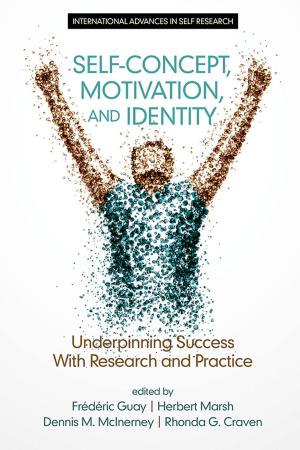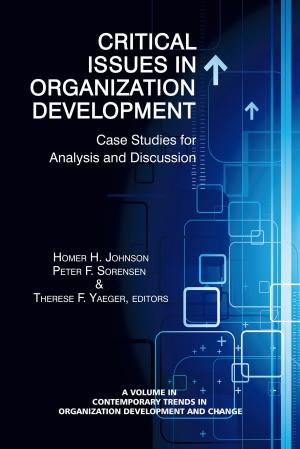Multiple Competencies and Selfregulated Learning
Implications for Multicultural Education
Nonfiction, Reference & Language, Education & Teaching, Educational Theory, Aims & Objectives| Author: | ISBN: | 9781607526865 | |
| Publisher: | Information Age Publishing | Publication: | January 1, 2002 |
| Imprint: | Information Age Publishing | Language: | English |
| Author: | |
| ISBN: | 9781607526865 |
| Publisher: | Information Age Publishing |
| Publication: | January 1, 2002 |
| Imprint: | Information Age Publishing |
| Language: | English |
Although cultural diversity in classrooms is hardly a new phenomenon, its influences on teaching and learning are increasingly discussed. Cultural diversity could lead to better learning and democracy outcomes. However, it also poses challenges for educators and schools. For example, research has revealed marked cultural differences in motivation, learning attitudes, thinking styles and school achievement. Attempts have been made to assure teaching and learning quality by designing standardized curricula and giving standardized tests. However, it is questionable whether standardized tests could capture the diverse aptitudes and skills students with different cultural experiences bring to the classroom. It is also questionable whether a standardized curriculum would lead to positive learningoutcomes for all. In 1998, we convened a conference in the University of Hong Kong, and invited experts from different parts of globe to discuss how to apply psychology to enhance learning and teaching quality. Probably because of the cultural diversity of the conference participants, multicultural education emerged as one of the dominant themes in the conference. For example, in the Opening Address, Robert Sternberg argued for the importance of cultural sensitivity in ability testing. In another keynote address, Martin Maehr discussed the implications of motivation research for designing an optimal achievement environment for culturally diverse students. Professor Sternberg’s paper is included in this volume, and Professor Maehr’s article was published in a previous volume we edited (Student Motivation: The Culture and Context of Learning, Plenum, 2001). The contributors of this volume include psychologists and education researchers from Africa, Asia, Australia and North, and some of them have extensive experiences in multicultural education. Despite their diverse cultural and professional background, the contributors agree that to meet the challenges posed by cultural diversity, educators need to have the sensitivity to multiplicity of student abilities in aptitude and achievement assessment.
Although cultural diversity in classrooms is hardly a new phenomenon, its influences on teaching and learning are increasingly discussed. Cultural diversity could lead to better learning and democracy outcomes. However, it also poses challenges for educators and schools. For example, research has revealed marked cultural differences in motivation, learning attitudes, thinking styles and school achievement. Attempts have been made to assure teaching and learning quality by designing standardized curricula and giving standardized tests. However, it is questionable whether standardized tests could capture the diverse aptitudes and skills students with different cultural experiences bring to the classroom. It is also questionable whether a standardized curriculum would lead to positive learningoutcomes for all. In 1998, we convened a conference in the University of Hong Kong, and invited experts from different parts of globe to discuss how to apply psychology to enhance learning and teaching quality. Probably because of the cultural diversity of the conference participants, multicultural education emerged as one of the dominant themes in the conference. For example, in the Opening Address, Robert Sternberg argued for the importance of cultural sensitivity in ability testing. In another keynote address, Martin Maehr discussed the implications of motivation research for designing an optimal achievement environment for culturally diverse students. Professor Sternberg’s paper is included in this volume, and Professor Maehr’s article was published in a previous volume we edited (Student Motivation: The Culture and Context of Learning, Plenum, 2001). The contributors of this volume include psychologists and education researchers from Africa, Asia, Australia and North, and some of them have extensive experiences in multicultural education. Despite their diverse cultural and professional background, the contributors agree that to meet the challenges posed by cultural diversity, educators need to have the sensitivity to multiplicity of student abilities in aptitude and achievement assessment.
